Vibriosis
Vibriosis is a venereal disease of cattle caused by a bacterial infection with Campylobacter fetus subspecies venerealis. It is widespread throughout the Australian cattle herd and is regarded as a very common cause of infertility and sporadic abortion in all cattle breeding areas. Vibriosis is spread at joining either from an infected bull to an uninfected cow or vice versa. Infected bulls can act as carriers for many years. Bulls are the main source of infection in a herd and are responsible for transmission of infection.
The initial indication of a vibrio infection in a herd is cows returning to service and low pregnancy rates. Poor conception rates especially in heifers are often seen after the introduction of an infected bull. In newly infected herds conception rates can be as low as 40%. Permanent infertility in cows may occur due to damage to the reproductive tract. In a vibrio outbreak, a high proportion of females may not return to service for 3–5 months. Sporadic abortions can occur commonly 5–7 months into pregnancy. Infected bulls show no obvious signs but can act as long-term carriers; infecting cows and heifers at service. Vibriosis causes significant reproductive losses especially in the first year of infection.
There are several techniques used to diagnose vibriosis, and your veterinarian can advise on appropriate diagnostic testing procedures. Treatment programs are tailored to your herd should be discussed with one our vets. A combination of vaccination and antibiotic treatment – this involves for all or part of your herd.
Vaccination is a highly effective method of preventing vibriosis and has proven to be efficacious in the field. The vaccine confers protection against two biotypes of Camplylobacter fetus subspecies venerealis (biotype venerealis and biotype intermedius). Bulls are well protected by vaccination and protection of your herd is greatly increased. It is highly recommended to vaccinate heifers 6-8 weeks prior to first service. Regular vaccination of bulls should be adopted as a routine management practice in all herds where natural breeding is practised.
Heiffers are also very vunerable to infertility due to vibrio infection as they have had no exposure and so no immunity. Veterinary advice should be sought prior to the implementation of a vaccination program. If you would like more information contact the clinic to speak to one of our large animal veterinarians.
